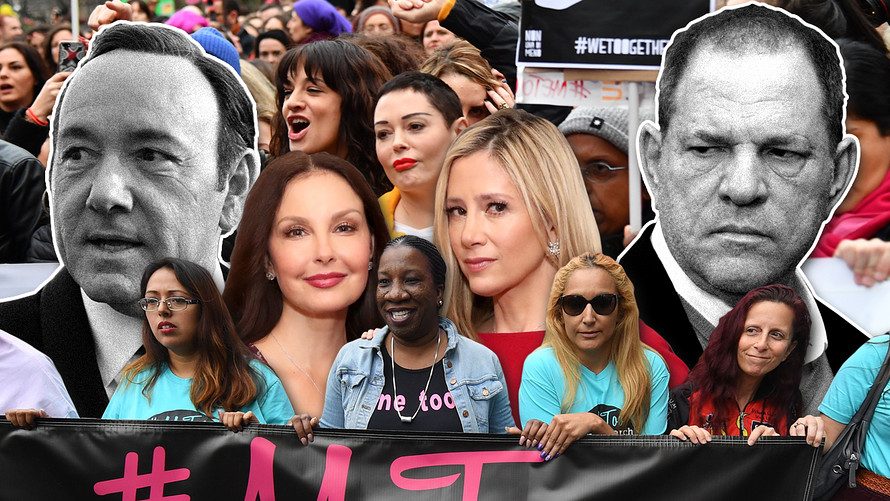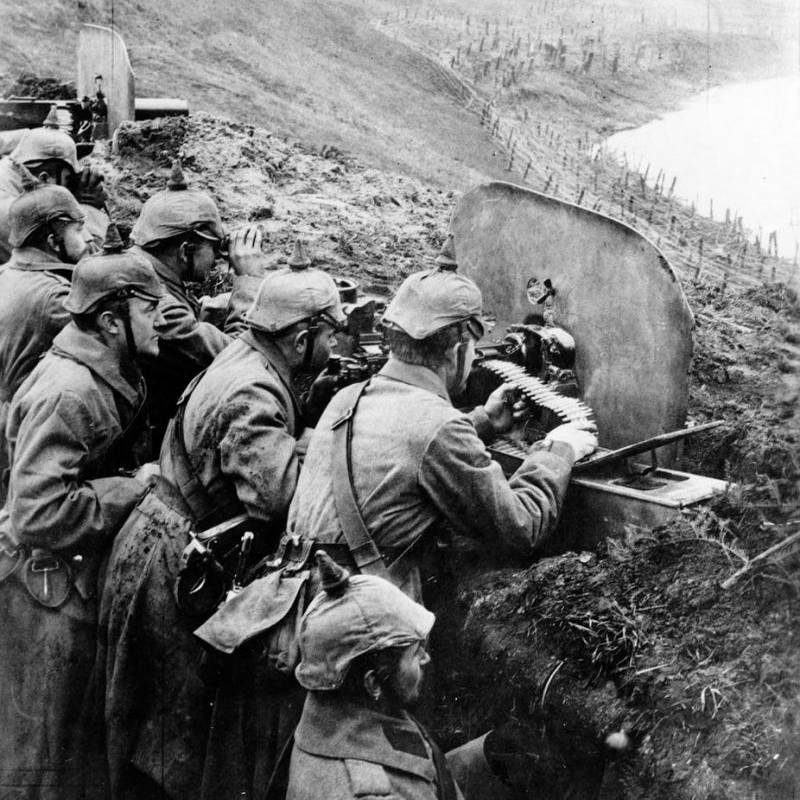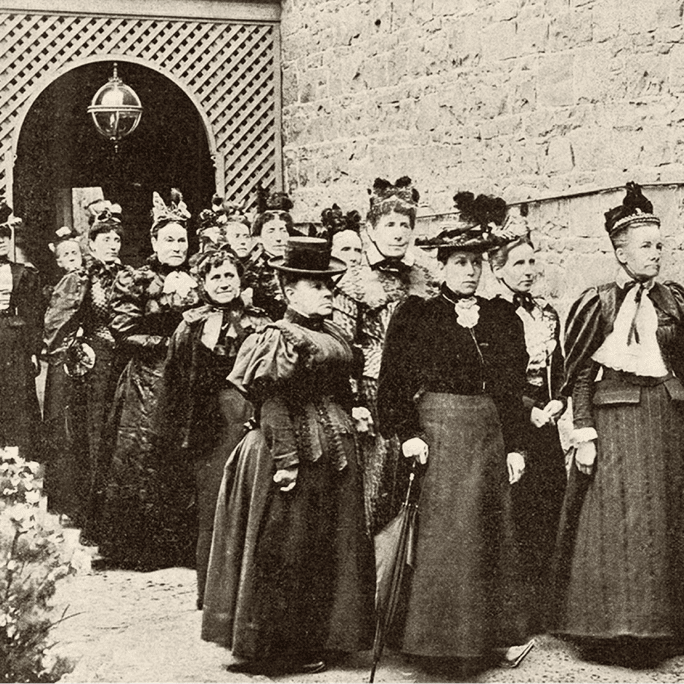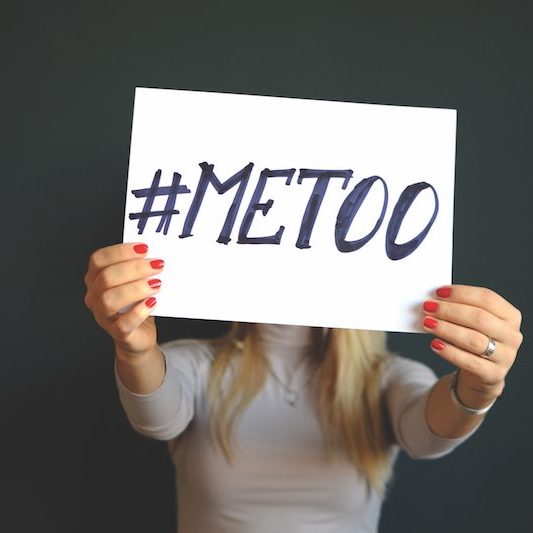 This year, lesbians played an important role in the #MeToo movement. But that fact seems to have been overlooked.
This year, lesbians played an important role in the #MeToo movement. But that fact seems to have been overlooked.
I was going to write this piece about lesbians and the #MeToo movement in the dispassionate third-person language I’ve employed as a reporter for the past 30 years. That approach didn’t work. This is far too personal a story for me.
I wrote through anger and through tears. I wrote to break the silence: Sexual assault and rape are not crimes that happen only to heterosexual and bisexual women. Lesbians get sexually assaulted and raped by men more often than anyone acknowledges. And when they are assaulted, it is the lesbians who are most likely not to tell anyone, even law enforcement, and to suffer in isolating and PTSD-inducing silence.
Like other women, lesbians—butch, femme, gender nonconforming, androgynous—get raped by friends, family, bosses, coworkers, fellow students, strangers, , and members of the clergy.
Talking about sexual assault is the hardest coming out that most lesbians will ever do.
According to the Human Rights Campaign (HRC), “For LGBTQ survivors of sexual assault, their identities—and the discrimination they face surrounding those identities—often make them hesitant to seek help from police, hospitals, shelters, or rape crisis centres, the very resources that are supposed to help them.”
The National Coalition of Anti-Violence Projects (NCAVP) surveyed victim advocates: 85 per cent reported having worked with an LGBTQ survivor who was denied services because of their sexual orientation or gender identity.
According to the HRC, “As a community, LGBTQ people face higher rates of poverty, stigma, and marginalization, which put us at greater risk for sexual assault. We also face higher rates of hate-motivated violence, which can often take the form of sexual assault.”
This is true for lesbians. The National Sexual Violence Resource Center (NSVRC) states that one in five women will be raped in her lifetime. Of rape and sexual assault victims, 91 per cent are women.



